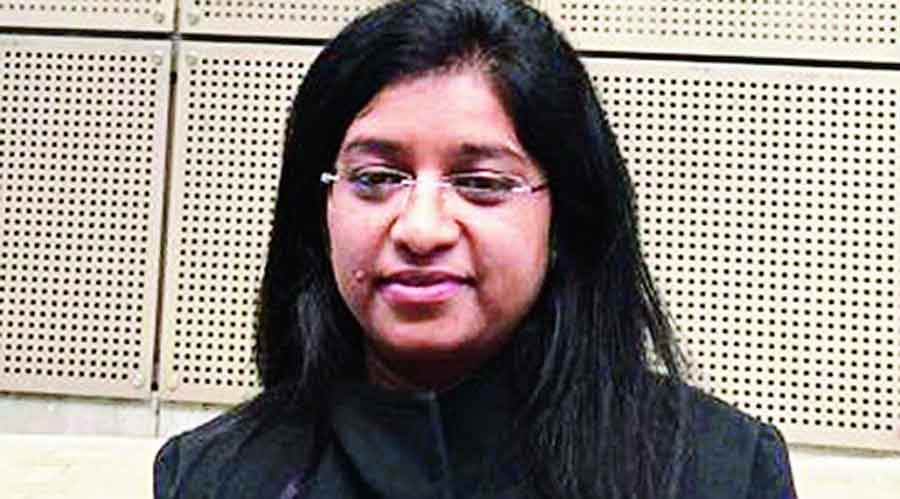Examinations conducted for Jharkhand government jobs will henceforth follow a single stage format as opposed to mains and prelims, a senior official revealed after Thursday's cabinet meeting, adding that preference would be given to local candidates.
The state cabinet meeting, chaired by chief minister Hemant Soren in the evening, okayed amendments to recruitment rules according to which Jharkhand Staff Selection Commission conducts competitive exams to hire employee's for state government jobs at the matric, intermediate and graduate levels.
The examinations will now be of single stage format for various segments as opposed to the earlier pattern of a two-step format of preliminary test (PT) and mains.
Cabinet coordination secretary Vandana Dadel said, “Earlier, a two-step exam was held—PT and Mains. That has been done away with and only one exam will be held by JSSC for recruitments. However, aspirants having knowledge of local and indigenous languages, about local rituals/customs etc will get more weightage. Preference will be given to those who have passed matric or intermediate or both from the state.”
The examinations would now comprise three papers. “The first paper comprising English and Hindi will be called as qualifying in which an applicant must score a minimum of 30 per cent jointly. Paper II will be based on tribal and indigenous languages in which minimum score must be of 30 per cent. Paper III will be general knowledge with a minimum score requirement of 30 per cent. The final merit list will be made on the basis of scores of paper II and III,” she said.
Sources said that the idea was to provide locals more opportunities to get jobs in the state government. An official of the state personnel department said, “The new rules have been devised after studying the pattern of different states to provide more opportunity for residents of this state to get jobs here.”
The state cabinet also decided to hold the monsoon session of the Assembly from September 3 to 9 with five working days. Dadel said, “A proposal in this regard was moved by the state parliamentary affairs department to which the cabinet has given its nod."
A total of 27 proposals were taken up at the cabinet meeting. These included nods to several road projects in rural districts, extension of 22 special fast-track POCSO courts for another two years for speedy disposal of cases, amendments in appointment rules for contractual teachers in colleges and universities at graduation level, among others.











